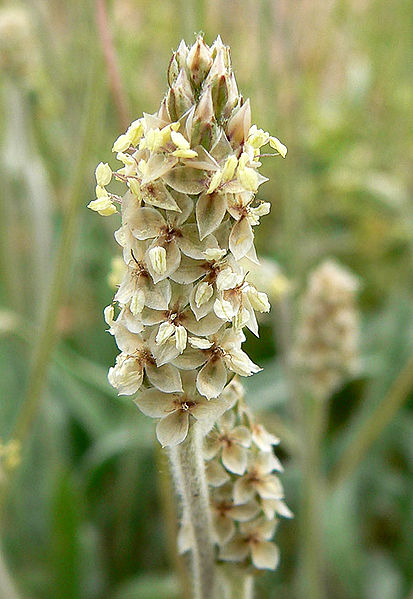A new ARC Linkage Project led by Professor Rachel Burton has received $486,000 in funding to establish a new Australian breeding program for Plantago ovata, to provide a reliable supply of high quality, superior psyllium – which is used as a dietary fibre supplement and is a key ingredient in the gluten-free food industry.
Based at The University of Adelaide, with support from family-owned wholefood company Dr Schär as industry partner, the research will potentially benefit growers, seed suppliers, gluten-free food manufacturers and consumers by guaranteeing a supply of high quality psyllium and stabilizing price cycles.
Psyllium is currently made exclusively from the seeds of Plantago ovata grown mostly in India. University of Adelaide researchers have discovered that psyllium from a native Australian plant has superior gelling and water holding properties ideal for gluten-free food products. It is a native plant perfectly suited to hot, dry and even saline conditions found across Australia and so should grow well under cultivation.
The researchers are targeting traits that will deliver a better harvest, reduce seed shattering and will identify varieties of psyllium with novel properties, which may be highly suitable for other baked gluten-free products. The fundamental knowledge gained from the genetic and biochemical analyses of these lines will also broadly benefit seed biology research.
“With increasing numbers of people avoiding gluten this project will benefit industry and growers in Australia as well as consumers. The fundamental knowledge gained from the genetic and biochemical anlayses of these lines will also broadly benefit seed biology research,” says Professor Burton.
The ARC’s Linkage Program promotes national and international research partnerships between researchers and business, industry, community organisations and other publicly funded research agencies.

